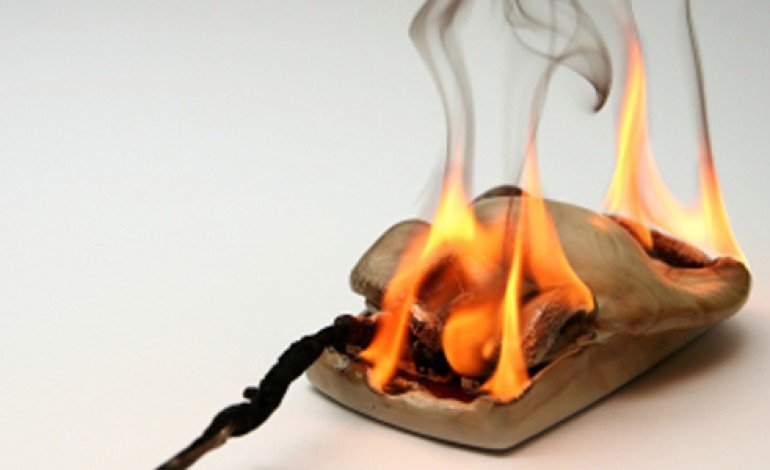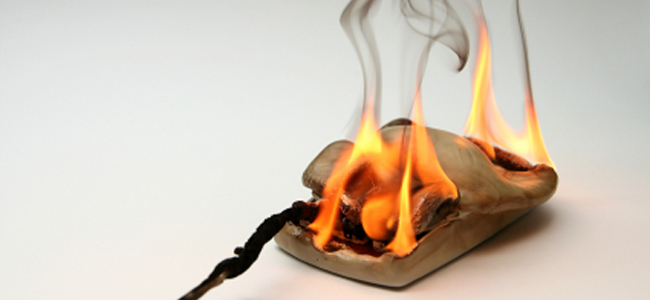Electrical Fire Safety Week (January 23-29)
The Fire Kills campaign together with County Durham and Darlington Fire and Rescue Service are warning people not to let electrical failures set their world alight as part of Electrical Fire Safety Week this 23-29 January.
Shocking statistics show that half of all accidental house fires in 2010/11 were caused by faulty or misused electrical equipment.
From faulty fridges and abandoned irons to dodgy plugs and wiring, electrical equipment can be an unnoticed fire hazard in the home. And with the recent cold weather, many sockets could still be overloaded with space heaters and electric blankets.
So the Fire Kills campaign and County Durham and Darlington Fire and Rescue Service have joined forces with the Electrical Safety Council to make sure people know the risks and take care when using electrics in their home.
In 2010, accidental electrical fires in the home resulted in nearly 40 deaths across the country.
County Durham and Darlington Fire and Rescue Service are working hard to bring this number down but every individual can take steps to help themselves by checking that the electrical equipment they use every day is in good shape and is operated properly.
Andrew Allison, the Service’s Senior Community Safety Officer said: “Electrical equipment is an inescapable part of all our lives, from essentials like heating and lights to luxuries like entertainment systems or beauty products. Half of all accidental fires begin with an electrical appliance, so it’s really important to be sure that your electrics are in good working order and are used properly.
“Most house fires start in the kitchen, so be extra careful with cooking equipment. Fire in the home can be devastating, but many of these fires are preventable. By following some simple steps, you can help keep you and your loved ones safe from fire.”
• Don’t overload plug sockets
• Regularly check for worn or frayed wires
• Unplug appliances when not in use
• Keep appliances clean and in good working order
• Consider using an RCD – Residual Current Device – which works like a circuit breaker to protect against electric shocks and reduces the risk of electrical fires. This is especially important when using electrical equipment outdoors.
Andrew added, “The Electrical Safety Council advises that heaters should be kept clear from curtains and furniture and should never be used for drying clothes, while your electric blanket should be unplugged before you go to bed, unless it has a thermostat for safe all-night use.”
Further advice can be found on the Service’s website at www.ddfire.gov.uk









